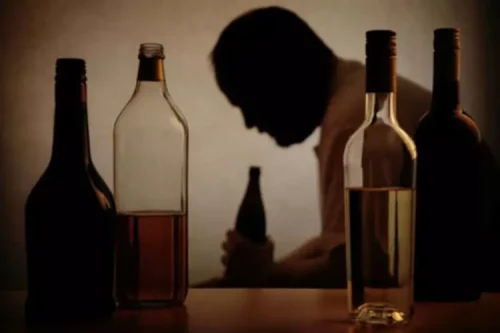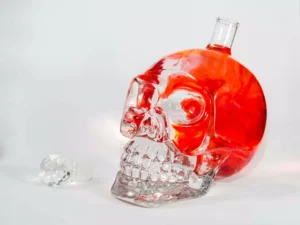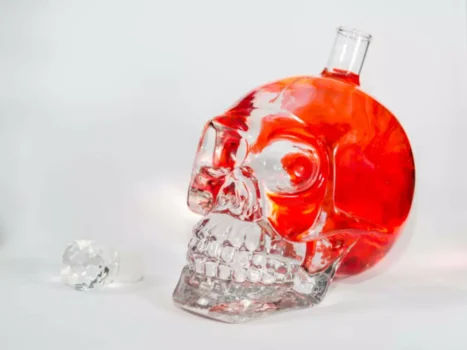
As the medical field considers addiction as a brain disorder potentially altering stimuli pathways in the brain, people facing substance dependence may have a difficult time safely quitting drug use. Several treatments are available to manage the recovery drug detox process safely and substance detox is one of them. Although there’s no cure for drug addiction, treatment options can help you overcome an addiction and stay drug-free. Your treatment depends on the drug used and any related medical or mental health disorders you may have. A medically supervised detox is considered the safest and most effective approach. It gives the medical care and support needed to navigate withdrawal successfully and transition into further addiction treatment.
Potential vaccines for addiction to substances
We’ll review the specific services offered as part of supervised drug detox later on in this article. When someone is dependent on a substance, ending use can lead to a variety of uncomfortable and unpleasant effects. For certain substances, like alcohol and benzodiazepines, withdrawal can be a dangerous and even life-threatening experience.
Treatment & Support

If you’re considering detox for yourself or supporting a friend or family member, this guide is designed to help navigate the challenge of addiction recovery. Clinically managed residential detox takes place in residential facilities where individuals are monitored 24/7 by clinical staff. They provide several services that may include behavioral therapy and 24-hour living support and structure. Drug addiction can start with experimental use of a recreational drug in social situations, and, for some people, the drug use becomes more frequent. For others, particularly with opioids, drug addiction begins when they take prescribed medicines or receive them from others who have prescriptions.
Addiction and the humanities
While most cocaine withdrawal symptoms go away after a week to 10 days, some symptoms may last years. A medical condition that involves overuse or misuse of a substance such as prescription or recreational drug, alcohol, nicotine, or caffeine. Learn more about substance use and withdrawal, symptoms, treatment, how to cope, and how to help someone going through withdrawal. The self-help support group message is that addiction is an ongoing disorder with a danger of relapse. Self-help support groups can decrease the sense of shame and isolation that can lead to relapse.
- However, getting rid of the addictive substance is just the first step to feeling better.
- Individuals stopping alcohol or drug use from home, and without assistance, may experience severe side effects, like seizures.
- If possible, offer to help with these tasks so your loved one can focus on healing.
- Environment and culture also play a role in how a person responds to a substance or behavior.
If more severe symptoms arise, you can be placed in a hospital or another setting that offers a higher level of care. Despite the name, these are not bath products such as Epsom salts. Substituted cathinones can be eaten, snorted, inhaled or injected and are highly addictive.

- Substances such as alcohol, marijuana and nicotine also are considered drugs.
- In some instances, more severe symptoms such as hallucinations, seizures, and delirium may also occur.
- Your treatment depends on the drug used and any related medical or mental health disorders you may have.
- Next, you may want to consider working with a doctor and therapist to design an ongoing treatment plan.
You may also find support groups in your community or on the internet. While naloxone has been on the market for years, a nasal spray (Narcan, Kloxxado) and an injectable form are now available, though they can be very expensive. Whatever the method of delivery, seek immediate medical care after using naloxone.
When to Seek Medical Help

A medically supervised detox prevents dangerous complications of drug and alcohol withdrawal. Your doctor can assess your individual needs based on your substance use and personal medical history to create an individualized detox plan that works best for you. They can also monitor you and your withdrawal symptoms around the clock and offer assistance. Identifying success in the realm of addiction treatment may require people to reframe preconceived ideas about what recovery means. Take our free, 5-minute substance abuse self-assessment below if you think you or someone you love might be struggling with drug addiction. The evaluation consists of 11 yes or no questions that are intended to be used as an informational tool to assess the severity and probability of a substance use disorder.
